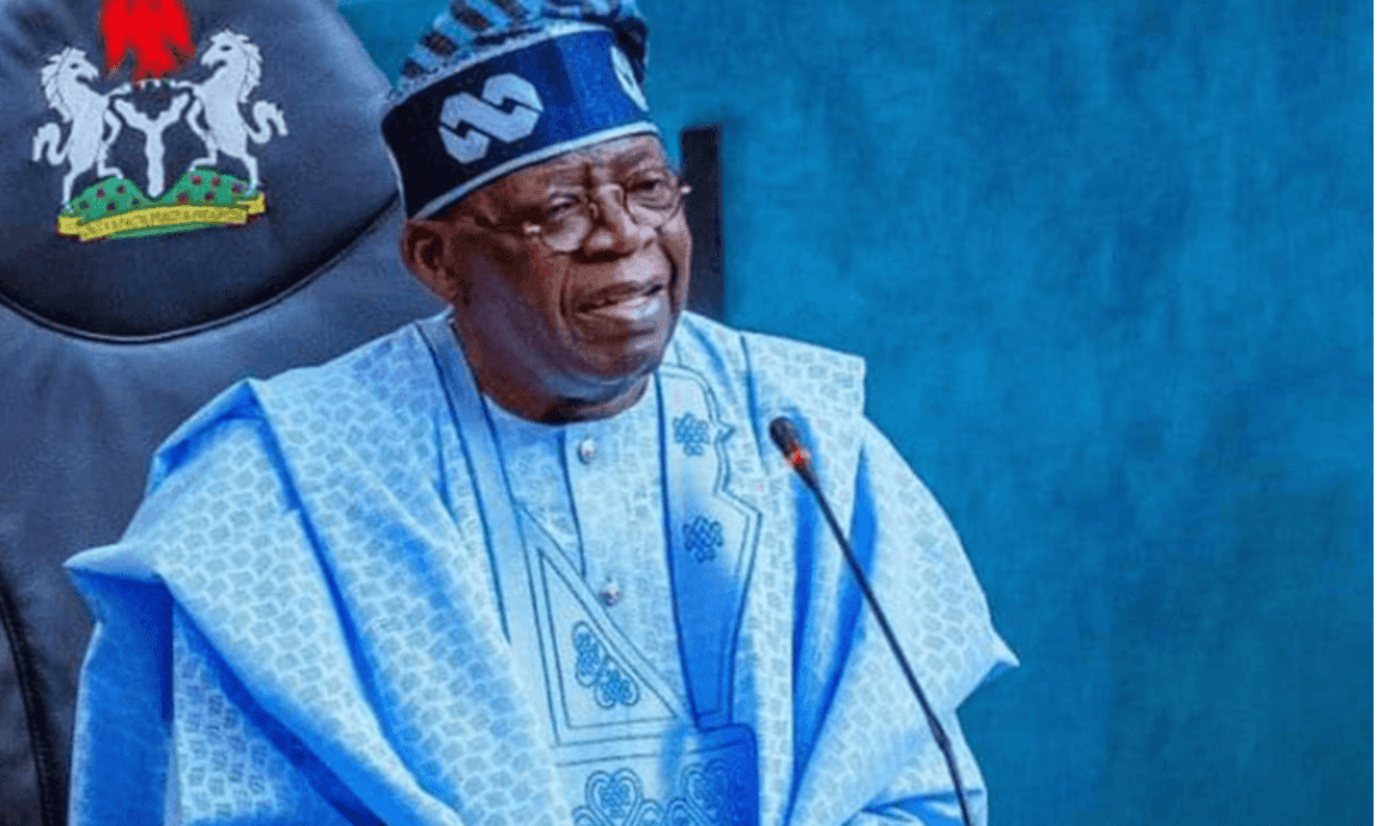President Bola Ahmed Tinubu has congratulated the Nigerian National Petroleum Company Limited (NNPCL) on the successful revitalization of the Port Harcourt Refinery, marking a significant milestone in Nigeria’s oil and gas sector. On November 26, 2024, the refinery officially commenced the loading of petroleum products, signaling a new phase in Nigeria’s efforts to restore domestic refining capacity.
In his statement, President Tinubu recognized the leadership of former President Muhammadu Buhari, whose administration initiated the comprehensive rehabilitation of Nigeria’s refineries, and expressed his gratitude to the African Export-Import Bank for its pivotal role in financing this critical project. The President emphasized that the successful revival of the Port Harcourt Refinery is a testament to the resilience and determination of all parties involved in the rehabilitation process.
A Milestone for Nigeria’s Refining Capacity
With the Port Harcourt Refinery now back in operation, President Tinubu commended the strategic foresight of the Nigerian government, which has long recognized the need to strengthen domestic refining capabilities. The President also highlighted the significant role of NNPC Limited’s Group Chief Executive Officer, Mele Kyari, for his leadership in overcoming various challenges that hampered the progress of the project. Under his stewardship, the NNPCL navigated both technical and financial hurdles to deliver the revitalization of the refinery.
“The restoration of the Port Harcourt Refinery is not just a victory for NNPC Limited but a victory for Nigeria. It reflects our collective resolve to address the infrastructure gaps that have long impeded our progress as a major oil-producing nation,” President Tinubu remarked.
Accelerating Progress: Reactivating Warri and Kaduna Refineries
The President has now called on NNPC Limited to expedite the reactivation of the second Port Harcourt refinery, as well as the Warri and Kaduna refineries. These refineries, which have long been dormant, are crucial to significantly boosting the nation’s refining capacity, ensuring Nigeria can meet its domestic fuel needs without reliance on imports.
The reactivation of these refineries will complement the growing contributions of privately-owned refineries, positioning Nigeria to become a major energy hub on the African continent. This is part of the administration’s broader vision to modernize the nation’s oil and gas sector, including unprecedented attention to the natural gas industry, with an aim to harness Nigeria’s full energy potential.
The Renewed Hope Agenda and Nigeria’s Energy Future
The President reiterated that the revitalization of Nigeria’s refineries is a cornerstone of his administration’s energy policy, which seeks to achieve energy sufficiency and enhance energy security. “The successful rehabilitation of the Port Harcourt Refinery is a critical step toward realizing our ambition to stop the embarrassing paradox of being one of the world’s largest oil producers yet unable to refine enough for domestic consumption,” he said.
In alignment with the Renewed Hope Agenda, which focuses on shared economic prosperity, the President underscored his administration’s commitment to ensuring energy security, boosting Nigeria’s export capacity, and creating jobs in the oil and gas sector. The restoration of the nation’s refineries is expected to contribute significantly to these goals by reducing the need for expensive fuel imports, improving the balance of payments, and enhancing domestic fuel availability.
A Call for Integrity, Accountability, and Focus
President Tinubu also called on all individuals, institutions, and citizens involved in the nation’s rebuilding process to maintain focus on the long-term goals of national development. “In this journey, the values of patience, integrity, and accountability must remain at the forefront,” he emphasized. The President’s call for greater responsibility reflects his administration’s commitment to transparency, efficient governance, and the effective utilization of national resources.
The successful revival of the Port Harcourt Refinery is not only a triumph of technical and financial efforts but also a symbol of the government’s determination to restore Nigeria’s standing as a leader in energy production. With further efforts focused on reactivating the remaining refineries and expanding the nation’s refining capacity, Nigeria’s future as an energy powerhouse in Africa looks increasingly assured.
Looking Ahead: Transforming Nigeria’s Oil and Gas Sector
In the long term, the revitalization of Nigeria’s refineries will serve as a catalyst for deeper structural reforms in the energy sector. With the country’s focus on infrastructure development, energy diversification, and improved regulatory frameworks, Nigeria aims to position itself as a global player in energy production, distribution, and export.
By fostering a more robust and self-sufficient refining capacity, Nigeria can reduce its dependency on foreign refineries, lower fuel prices, and ensure a steady supply of petroleum products for its growing population and economy. The administration’s ongoing efforts to modernize the oil and gas sector are a critical part of realizing this vision, and the President’s directive to accelerate the reactivation of key refineries signals a firm commitment to energy independence and economic growth.
In conclusion, the revitalization of the Port Harcourt refinery is a promising first step toward transforming Nigeria’s oil and gas sector. As more refineries come back online, Nigeria will be better positioned to meet its domestic fuel needs, reduce reliance on imports, and strengthen its energy security. The government’s concerted efforts, guided by the Renewed Hope Agenda, are set to propel Nigeria toward a more prosperous, energy-secure future.



